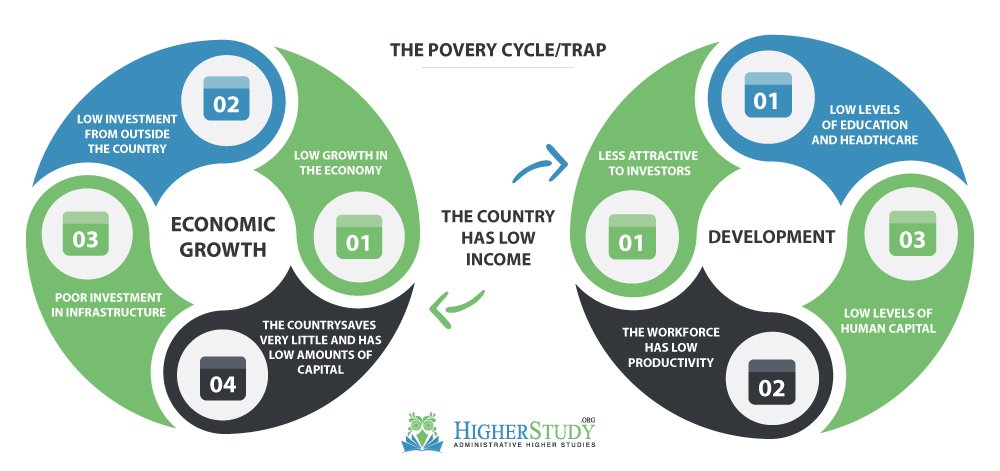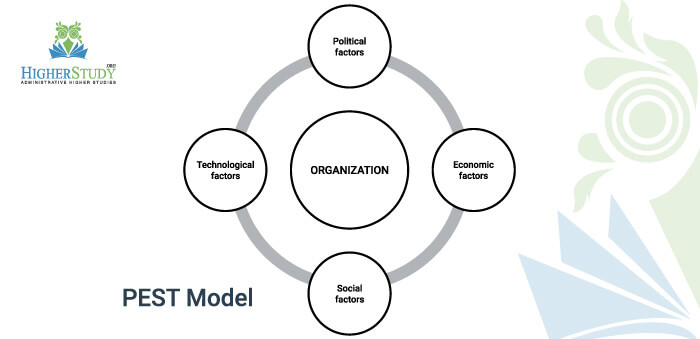Development Factors – Affect Directly in Development Place
After much research, examination, and idea generation; are established the development factors. The development factors are created by the global imbalance of trade between different parts of the world. These factors are impression us directly in many ways. However, there are described the different important development factors with real examples.
Development Factors:
Development factors are the indicators of the obstacle to the development of a place. These factors directly impact on creating the global imbalance of the different parts of the world. If we have required accelerated development, we have to overcome these development factors. The most common and important development factors are mentioned below. Such as:-
- Environmental Factors
- Economic Factors
- Social Factors and
- Political Factors
Environmental Factors:
In the development of a place, environmental factors can directly affect development factors. The United Kingdom (UK) is benefitted in various ways from its own natural environmental figures. Its Island nature gave it a coastline to fully exploit for resources and many potential trade routes. It has the right mixture of natural resources, exploited by many Industrial processes like coal, limestone, and iron ore. It also has a suitable temperature without the extremes of weather that may be a reason for an obstacle in developing a place. Many countries have not these fortunes, and their development is limited by the following environmental factors of development factors. Such as:-
Climate-Related Disease:
Unfortunately, numerous tropical countries suffer from climate-related diseases that thrive in warm, humid environments – Chagas Disease, Malaria, and Dengue Fever. People who have suffered these diseases; are weakened and cannot work or may even die, restraining development.
Climatic Hazards:
Climatic hazards are the development factors; it as like drought, flood and hurricanes have attacked some countries often than other countries. Drought could have a disturbing impact on development for fragile countries. From 2011 to 2012, a famine was shown in the Horn of Africa that affected Eritrea, Ethiopia, Somalia, and Kenya had a long-term impact. Over and above, weakening and killing people from thirst and hunger, most of these countries had come to deal with a refugee crisis and diverting valuable resources away from additional development purposes.
A Lack of Natural Resources:
A lack of natural resources is the environmental factor of the development factors. Poor natural resources countries are a less economic basis. It is very tough to produce products that sell on markets at high rates.
Being Landlocked with Bad Neighbors:
For a political reason, neighboring countries have not permitted to enter the sea area. If neighbors are bad who consume huge payments or created conflict situations, this can strictly hinder development.
Natural Resource Curse Theory:
Natural Resource Curse Theory is the environmental development factor; states – if a valuable resource has been founded in a country, all energies of the country are placed into the exploitation of that resource. This behavior may be limited to the development of other industries. Again the profits are not distributed equally to mass people what comes from resources.
Link: Accountability Toward Theory
Economic Factors:
Unfortunately, poverty can lead to poverty. The figure displays the poverty trap, which is often thought of as a cycle. Low investment in key areas such as infrastructure, healthcare, and education can have awful concerns for a population. Inhabitants in countries at low levels of the development of place can become weaker to ill health, decreasing the workforce’s productivity. Moreover, a lower quality workforce is responsible for the lack of education leads, and bad road networks are not good-looking to external financiers. Humble things like these can worsen poverty and retain countries delayed at a low level of the place’s development.

From the low base, expanding is very difficult, mainly in today’s very competitive worldwide economy. Additionally, countries at the lower level of economic development are also more on the point of being victims of civil wars, and they’re after special effects. Countries such as the Democratic Republic of the Congo, Rwanda, and Sudan are good demos. Wars arise dynamic resources and turn attention away from ordinary people’s critical problems, dependable food supplies, stability, healthcare, economic well-being, and entrance to fresh drinking water.
Link: An Assignment on BARD
The poorest countries in the world have softened policy in the global trade system, and the richest countries in the world regulate it. Some measures set in place by the richest countries of the world that the poorest countries of the world are at demerits;
- The developing countries have created tariffs of goods and imposed a high price for them.
- The world trade system inspires a “race to the bottom,” where clients come from developed countries and go from one place to another place; this way… around the world, putting down prices due to the supply of goods often outperforms mandate.
- Subsidies for goods produced in developed countries thrust the prices of rich world goods low-cost. For emerging countries, it is so tough to complete.
Furthermore, the lack of reliable political stability, infrastructure, energy supply, and educated workforce places countries at a weakness. In various developing countries, the net result is that they are enforced worse raw materials like agricultural goods, whereas they are brought back more exclusive factory-made services or goods. Emerging countries do not have the assets to establish these kinds of factories up. So, social development factors are responsible for these.
Social Factors:
In the development of a place, social factors (development factors) can affect many ways. Lack of unproductive social functions like wars or negative social cultures like drinking and gambling, lack of drive social motivation for betterment, and lack of skills due to poor education and training is the most effective of these factors. Education is a predominantly important one, as many countries cannot have enough money to spend for all children by which school even at a fundamental level. 93 million children of primary school age were not founded in school following UNICEF (United Nations International Children’s Emergency Fund) in 2006 a claimed report!
Link: Public Corporation Form
Quality and water are the most focused things which are expected by the exam board. Quality of water can have an enormous impression on people, which links to India, and it tries to clean up the local river Ganges. Low water quality has a straight influence on people’s lives as it is a vital part of life. Low water quality can lead to many diseases, which seeks people and therefore has a straight enforced on their output and henceforward economic development of the place. Diseases connected to the low quality of water comprise Bilharzia, Malaria, cholera, and Yellow fever. Supply of water is another chief matter because variable water supplies bound agriculture and other development zones in many portions of the world. If people are carrying and searching for water, they cannot focus on their vitalities on other economic ranges, restraining development more. According to Water Aid;
- Almost two-fifths of the world’s population don’t have access to adequate sanitation, which may be 2.5 billion peoples.
- About 700,000 children have died every year from diarrhea. Its response is poor sanitation and unsafe water. It is almost 2,000 children per day.
- This is roughly one in ten of the world’s population. In the world, 768 million people don’t have available safe water.
Link: Public Enterprise Roles in National Development
Political Factors:
Political factors are important to one of the development factors. In the development process, Governments play a vital role. Numerous governments have belonged to honest peoples; they are done a good job trying to increase the quality of life and standard of living of the people who live there. Inopportunely, there are belongings of governments that have dishonest officials who generate money and capital at the cost of the people that they are invented to denote. Nigeria has been branded as one of the world’s most fraudulent countries by the British Broadcasting Corporation (BBC) report. When political representatives are corrupted, developments in education, health, roads, clean water, and power generation are a smaller amount to be expected. Corporations and other governments are also less likely to finance in those countries as they are unbalanced. There is straight a corruption observation file that relates rationally well with the Gross National Income (GNI)!




Wow, this paragraph is good, my younger sister is analyzing these things, therefore I am going to tell her.